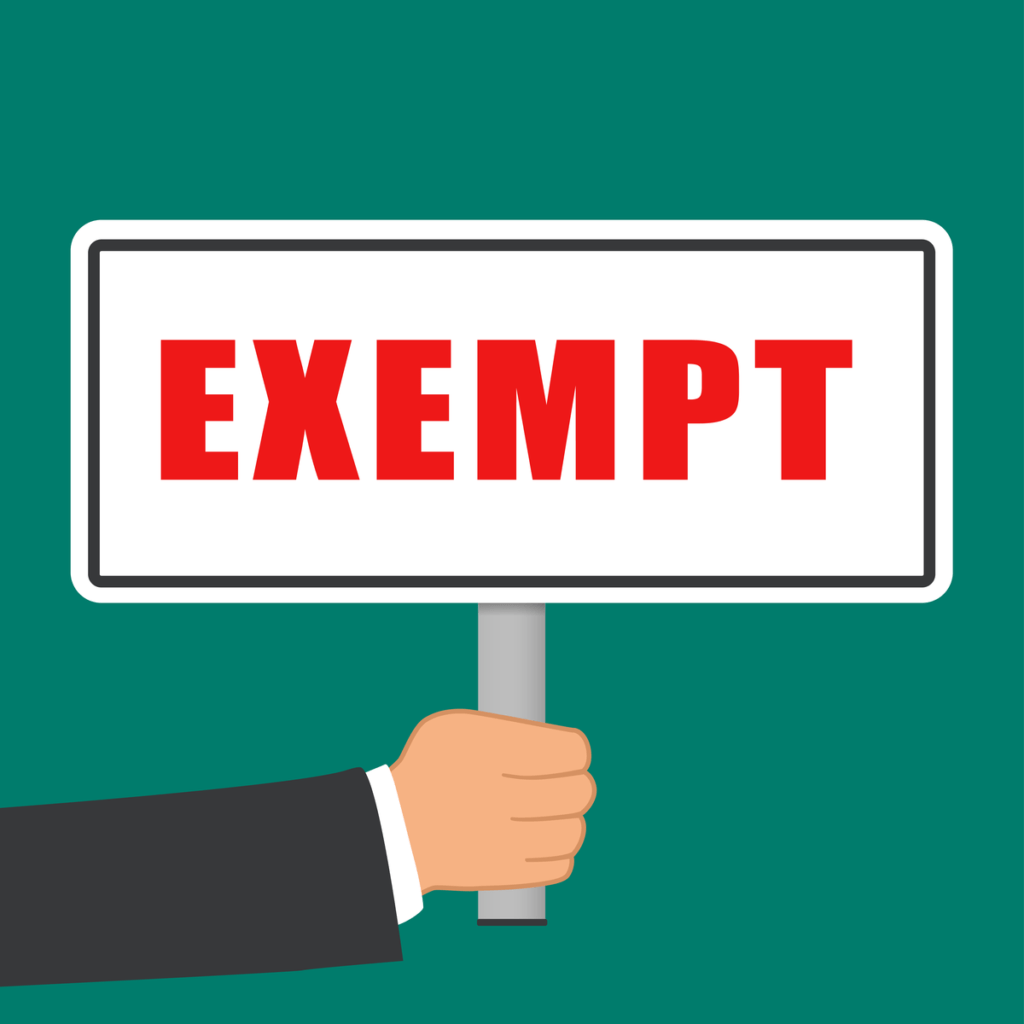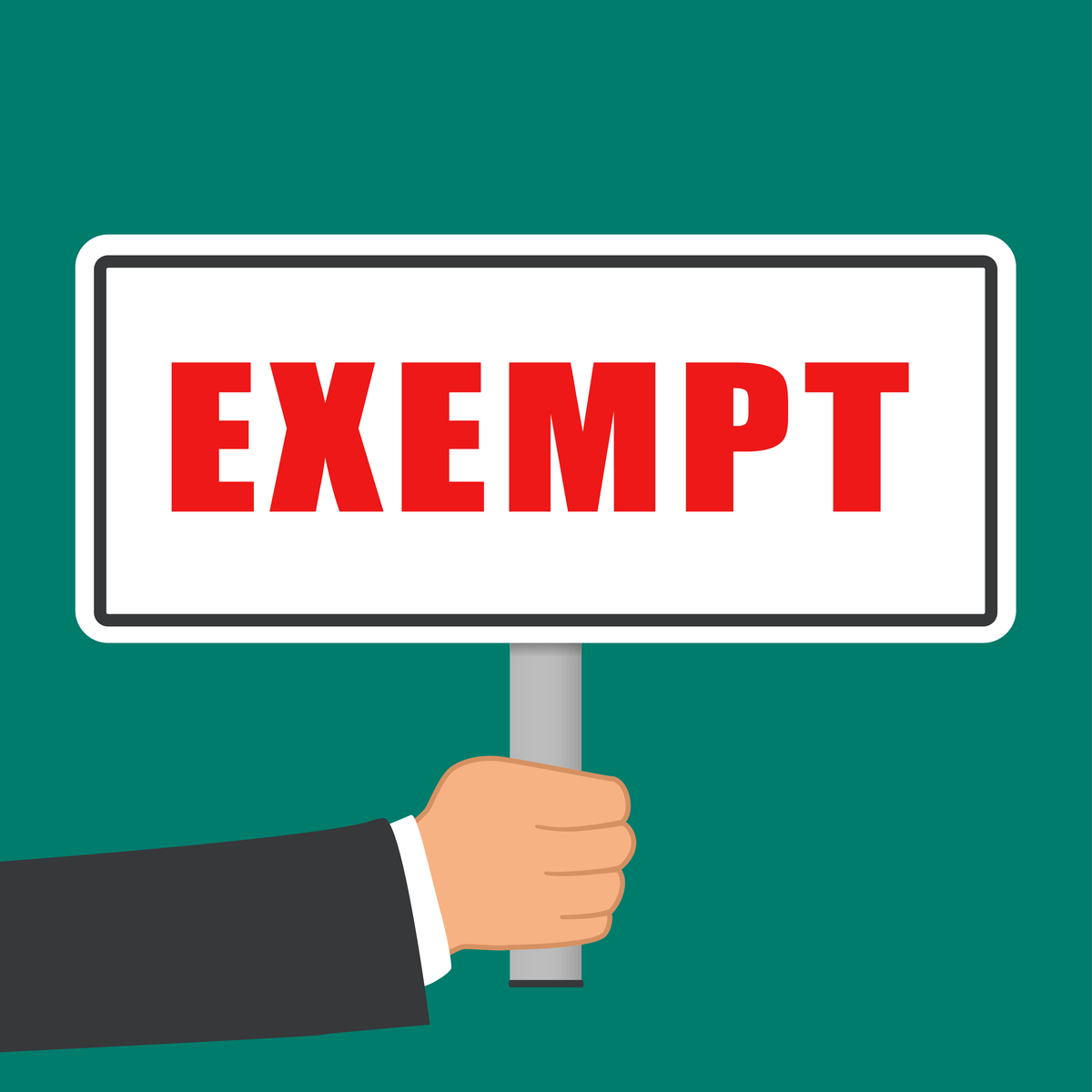A person filing for Chapter 7 bankruptcy will need to use either the state or federal exemptions to protect certain property from being entered into the bankruptcy estate and sold off to pay creditors. Chapter 13 uses these exemptions a little differently.
In Chapter 13, the goal is for the debtor to develop a plan to pay off all of their debts over the course of three to five years. As this plan is meant to pay off all creditors, it will be designed to allow the person filing for bankruptcy to maintain control over their property. Keeping one’s property is often one of the primary goals of Chapter 13.
So why does a person filing for Chapter 13 need an exemption when they plan to keep their property anyway? It has to do with how their income and assets are calculated in developing the plan itself.
Developing a Chapter 13 Repayment Plan
The Chapter 13 repayment plan is developed by calculating the amount of a person’s disposable income as well as the value of their nonexempt property and then paying to the trustee a monthly amount equal to the greater of the two as applied to the length of the payment plan.
Disposable income is calculated by adding together all of a debtor’s sources of income for a month and then subtracting the costs of expenses necessary to support the debtor and their dependents. These expenses can include basic necessities like food and shelter as well as clothing and the costs of transportation to a job.
For example, a person earning $5,000 per month that also has expenses of $2,000 for rent, $1,000 for food, $500 for a car and another $1,000 for daycare and medical expenses will have a monthly disposable income of $500 ($5,000 – $4,500 – $500). This person also has $60,000 in debt and decides to file for Chapter 13 bankruptcy.
Let’s say this same person also has $40,000 in home equity and a fully paid off $20,000 car. We now know that this person has $60,000 in assets. A Chapter 13 plan will divide a person’s assets by the length of the plan and compare that number to their monthly disposable income multiplied by the length of the plan. So if our example person was entering into a five year or 60 month plan, the numbers would be:
| Monthly | Length of Term | |
| Disposable Income | $500 | $30,000 ($500 x 60 months) |
| Assets | $1,000 ($60,000 / 60 months) | $60,000 |
In this example, the case trustee will look at the two numbers and require that the person filing pays $1,000 a month for the term of the plan. This concept is rooted in fairness — if a person has property they could use to pay off debts, then they should either sell the property to pay off the debts (Chapter 7) or develop a plan that pays off an amount equal to the debts over the course of some years (Chapter 13). This is where the exemptions come into play.

Using the Exemptions to Lower Monthly Payments
In the example above our individual is forced to pay $1,000 per month in order to have their Chapter 13 plan confirmed by the court, because that is the value of their assets. But what if we could reduce this value? Using the right exemptions we can.
In this example, a smart individual will opt to use the federal set of exemptions rather than the New Jersey exemptions. These sets of exemptions cannot be used together and cannot be mixed and matched. So why choose the federal set? Because this set of exemptions has a “homestead exemption,” whereas the New Jersey exemptions do not.
Currently, the federal homestead exemption allows a person filing for bankruptcy to exempt $25,150 from the equity they have accumulated in their home before calculating this asset’s value into their Chapter 13 plan. So now our example person’s home equity will be valued at $14,850 ($40,000 – $25,150 from the exemption). Let’s take a look at how that affects their monthly payment:
| Monthly | Length of Term | |
| Disposable Income | $500 | $30,000 ($500 x 60 months) |
| Assets | $580 ($34,850 / 60 months) | $34,850 ($14,850 home + $20,000 car) |
While the monthly payment is still above their disposable income, it has been drastically reduced to almost half the previous amount, and still in accordance with the Chapter 13 rules. If this person were to research and use some other exemptions they could likely get this number reduced even further.
Choosing a Set of Exemptions
As the above example demonstrates, it’s vital to understand both the New Jersey and the federal sets of exemptions, as well as how they will apply to one’s specific financial circumstances. Had our example person decided to use the New Jersey exemptions instead of the federal ones they would have been denied the homestead exemption, leaving $25,150 on the table.
These exemptions need to be calculated with precision and applied accurately to a person’s finances, or they risk having their Chapter 13 bankruptcy proceeding delayed, their repayment plan not approved, or potentially having the entire bankruptcy proceeding dismissed.
Not if your repayment plan is confirmed. Chapter 13 is designed to allow a debtor to keep their property while developing a plan to repay their debts. It’s important for a person with a lot of equity in their home to consider using the federal exemptions to protect some of this equity when filing for Chapter 13 bankruptcy.
Chapter 13 eligibility is determined by maximum debt, not income. Currently an individual filing for Chapter 13 bankruptcy can have no more than $394,725 in unsecured debts and $1,184,200 in secured debts to qualify.
While you can file on your own, hiring an attorney has several benefits, especially when dealing with the complexities of a Chapter 13 filing. An experienced bankruptcy attorney can help an individual determine eligibility, develop a repayment plan that will be confirmed by the court and protect their property throughout the proceeding.
For these reasons, it’s always best to consult with an experienced bankruptcy attorney who will be able to research a person’s finances and put together a plan that will be confirmed and is also in the filing party’s best interests. At Rosenblum Law our attorneys are ready to help, call us today.


